17 Myths Debunking Coronavirus Myths
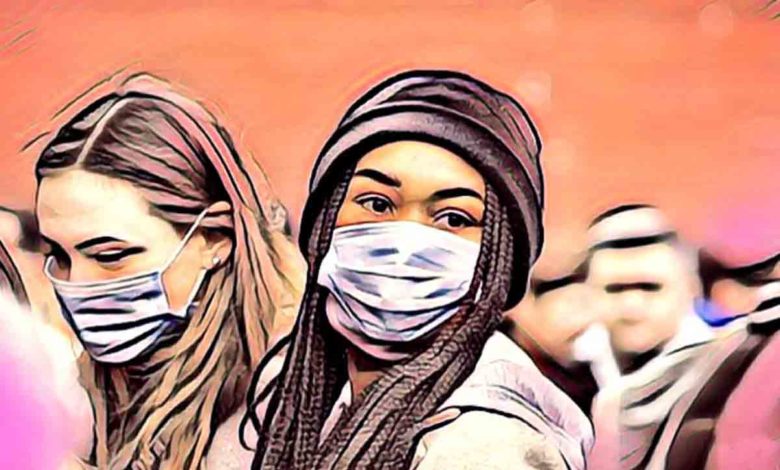
Here’s our article on coronavirus myths, legends, facts, and the coronavirus bullshit on social media. Coronavirus symptoms include fever, cough, runny nose, and shortness of breath.
17 Myths Debunking Coronavirus Myths
The fact that scientifically inaccurate information about the coronavirus and how to prevent/improve it from circulating on social media and certain news agencies makes things worse. To help you dispel largely misinformation, we’ve debunked a few of the well-known myths about coronavirus in this article.
1 MYTH: The coronavirus is no more dangerous than the seasonal flu.
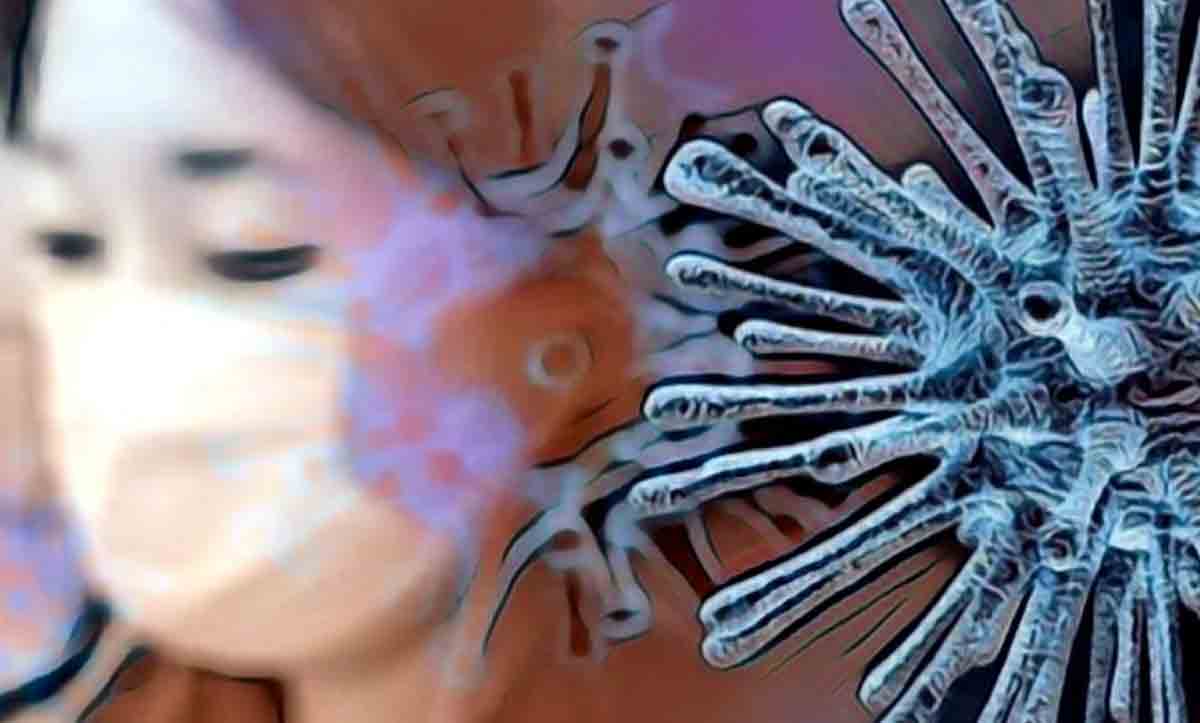 coronavirus myths
coronavirus mythsWhile it is true that coronavirus symptoms are no worse than seasonal flu, the death rate is higher. Seasonal flu killed less than 1% of those infected, while WHO (World Health Organization) confirmed that 3.4% of reported COVID-19 patients died globally (as of 4 March 2020). So, yes, the flu-like symptoms you’re experiencing at this point need to be taken a little more seriously.
MYTH 2: The coronavirus only kills the elderly, so young people and children need not worry.
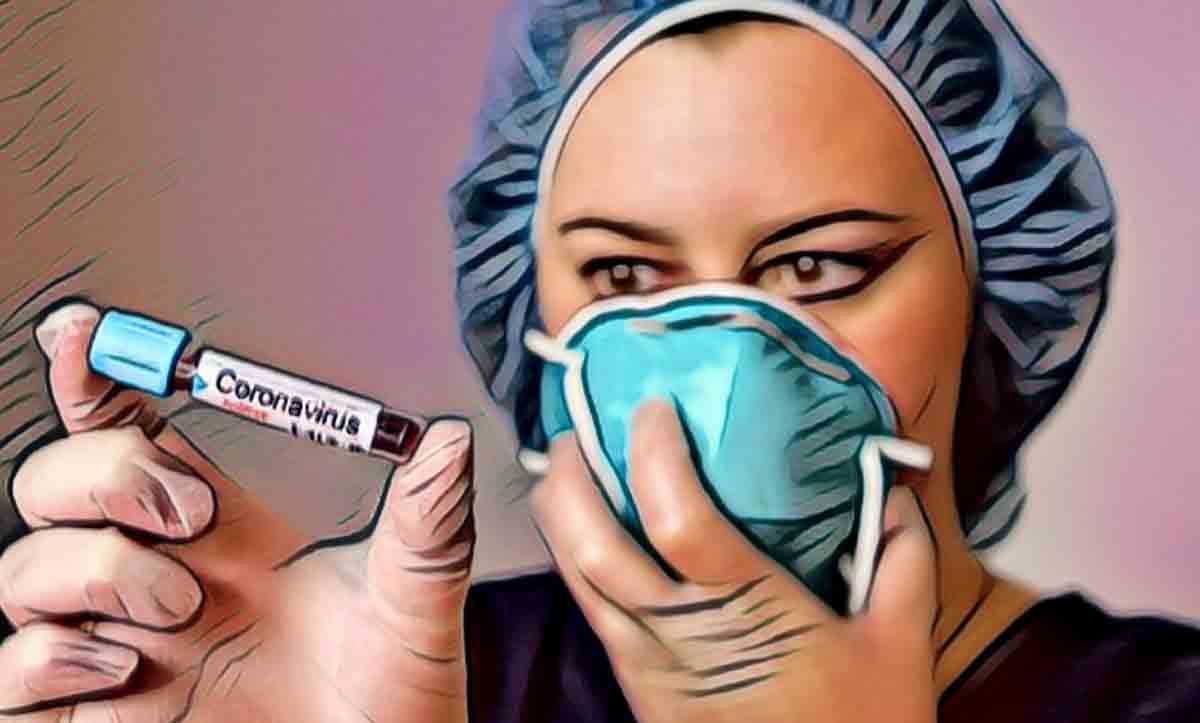 coronavirus myths
coronavirus mythsThe death rate from COVID-19 increases with age. It changes in the middle of 0 to 49 years and increases by 0.2-0.4%. It peaks with 14.8% in people over the age of 80. Although it is true that the elderly and individuals with pre-existing health problems are more vulnerable to this disease, everyone of all ages is infected it could be. Moreover, regardless of your age or health condition, it can cause some important breathing problems.
Another point to keep in mind is that there are definitely clusters of people who are more susceptible to coronavirus, such as healthcare workers and close family members who take care of infected people in the immediate vicinity, caregivers. Therefore, it is necessary for young and healthy persons to report symptoms and quarantine instructionsmust be applied carefully.
MYTH 3: You have to wear a face mask.
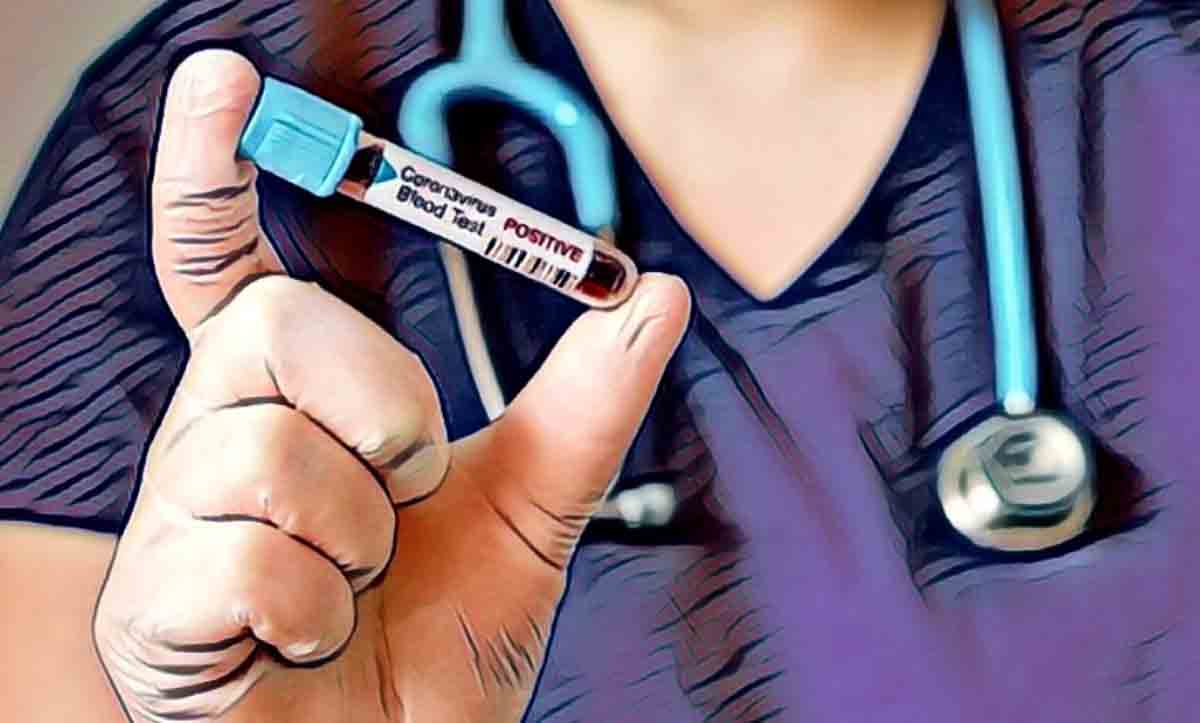 coronavirus facts
coronavirus factsThis is partially true. A virus can enter your body through your eyes and aerosols (small virus particles) can penetrate face masks. However, they can block the droplets of someone coughing or sneezing near you. Droplets are actually a valuable way of transmitting the coronavirus.
However, the U.S. Centers for Disease Control and Prevention (CDC) states that there are only two sets of people recommended to wear face masks:
- Patients:People with or showing symptoms of the coronavirus should wear them to prevent it from spreading to others.
- Caregivers: Healthcare and social workers caring for COVID-19 patients or staying in hospital for extended periods should wear masks to protect themselves from infection. Family members and caregivers caring for patients also fall into this category.
Buying face masks when you don’t fit into these categories increases shortages and results in price increases. This is healthcare workers, to them indeed, patients who need and puts all the people around them at risk. You can take a look at the definition of coronavirus mask in the residence.
US Chief Surgeon Dr. Jerome Adams said that individuals who do not work in the health service and do not know how to wear face masks tend to touch their faces more, and this may actually increase the spread of coronavirus.
MYTH 4: You have to be near an infected person for 10 minutes to become infected.
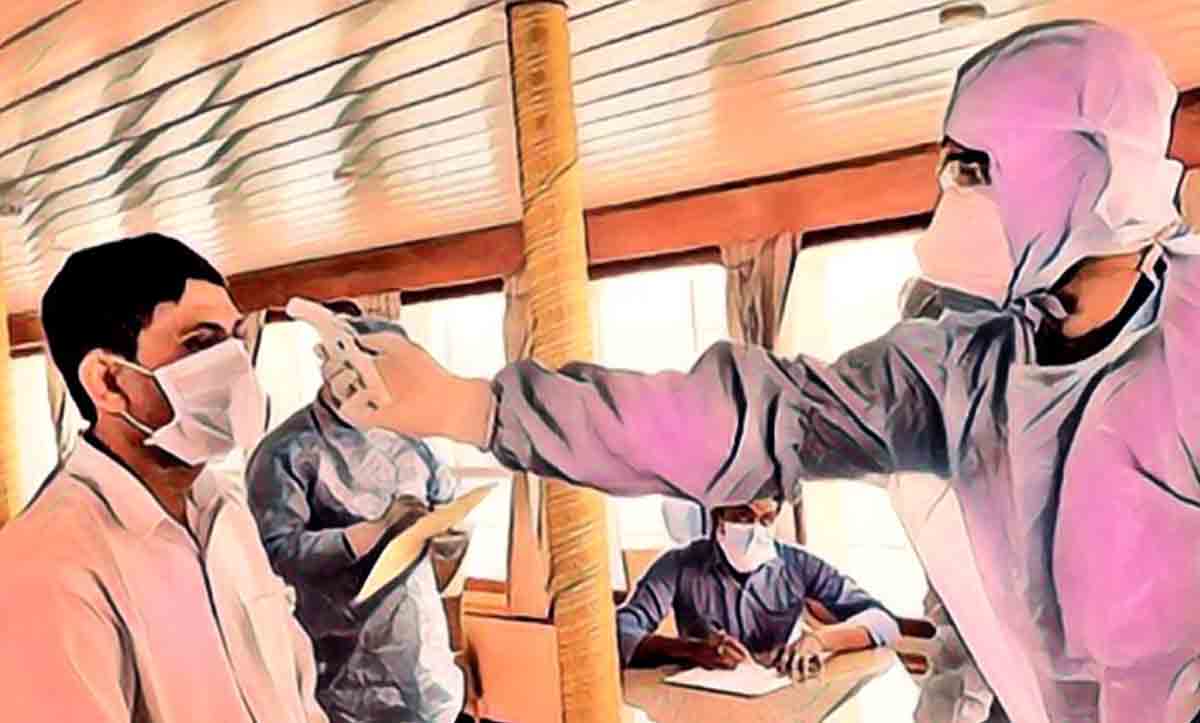 coronavirus lies
coronavirus liesAlthough medical guidelines for the flu state that you should be within 2 meters of an infected person (sneezing and/or coughing) within at least 10 minutes, coronavirus can be transmitted through shorter interactions. You can also get the virus from contaminated surfaces. So be sure to wash and sanitize your hands as often as possible.
5 MYTH: The vaccine will be ready in a few months.
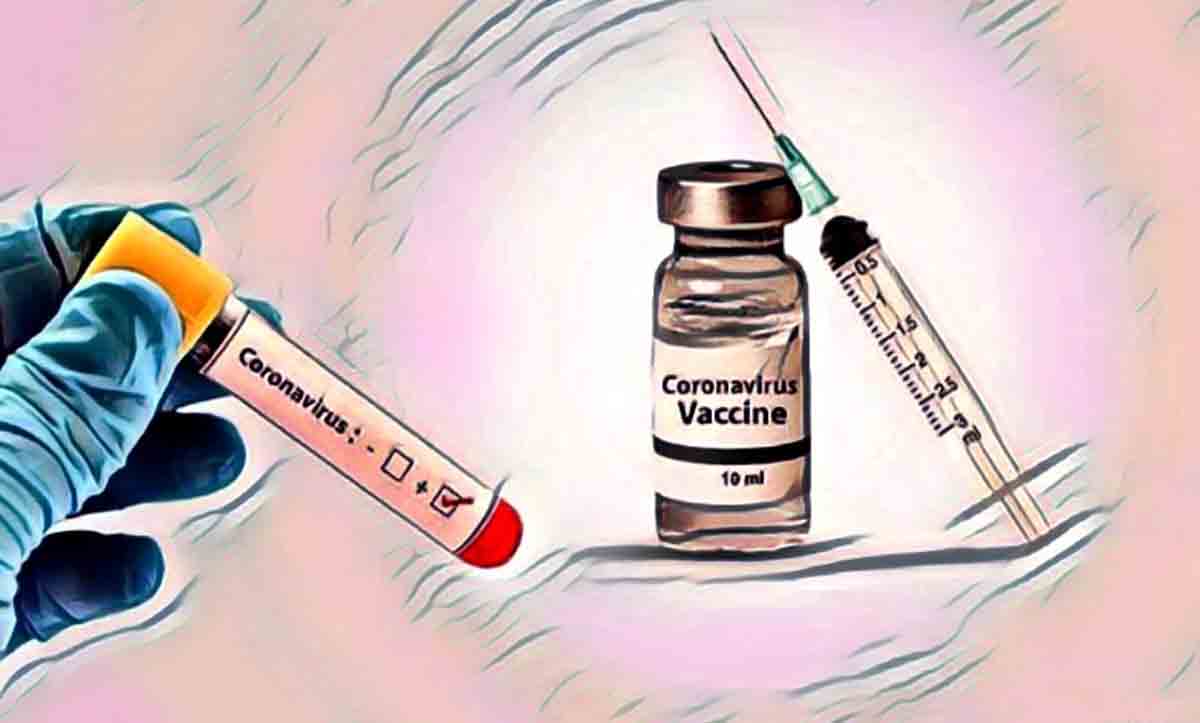 Coronavirus Vaccine
Coronavirus VaccineWhile a coronavirus vaccine is being developed and tested in animal models, it will take much longer to test it in humans and make it commercially available to detect any side effects. Actually, it’ll be quick if we get it within a year. The neatest thing to do right now is to prevent it from spreading.
6 MYTH: Residential medicines can treat/prevent coronavirus.
 coronavirus facts
coronavirus factsWhile garlic, water, and vitamin C are great for your health, consuming them won’t make you beautiful or protect you from coronavirus. Other natural remedies circulating on social media are that covering your body with sesame oil, chlorine, or alcohol can kill the virus, which is not without fault.
You can use chemical disinfectants such as chloroform, bleach, peracetic acid, ether solvents and 75% ethanol to kill the virus on other surfaces. However, under no circumstances apply them to your body. Not only does it kill the virus inside your body, it can also be extremely dangerous.
Stay away from infected patients and wash and sterilize your hands frequently to protect yourself from the virus.
7 MYTH: People infected with coronavirus will die.
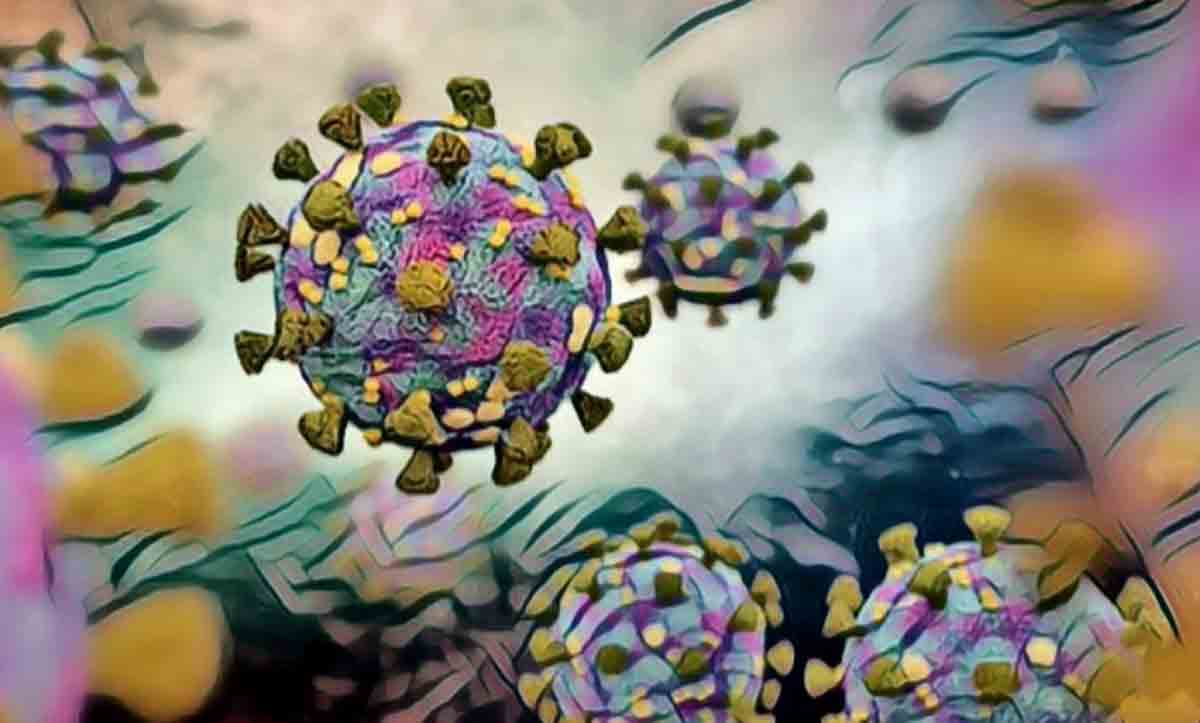 coronavirus myths
coronavirus mythsAs mentioned earlier, the coronavirus death rate is 3.4% and is expected to decrease as time goes on. There are fewer reports of death caused by this virus. However, it can cause significant respiratory problems such as pneumonia and bronchitis in the elderly, young children and people with weakened immune systems. Even a 3% death rate is cause for concern as thousands of incidents have been reported and the virus continues to spread.
8 MYTH: Hot climate can kill coronavirus.
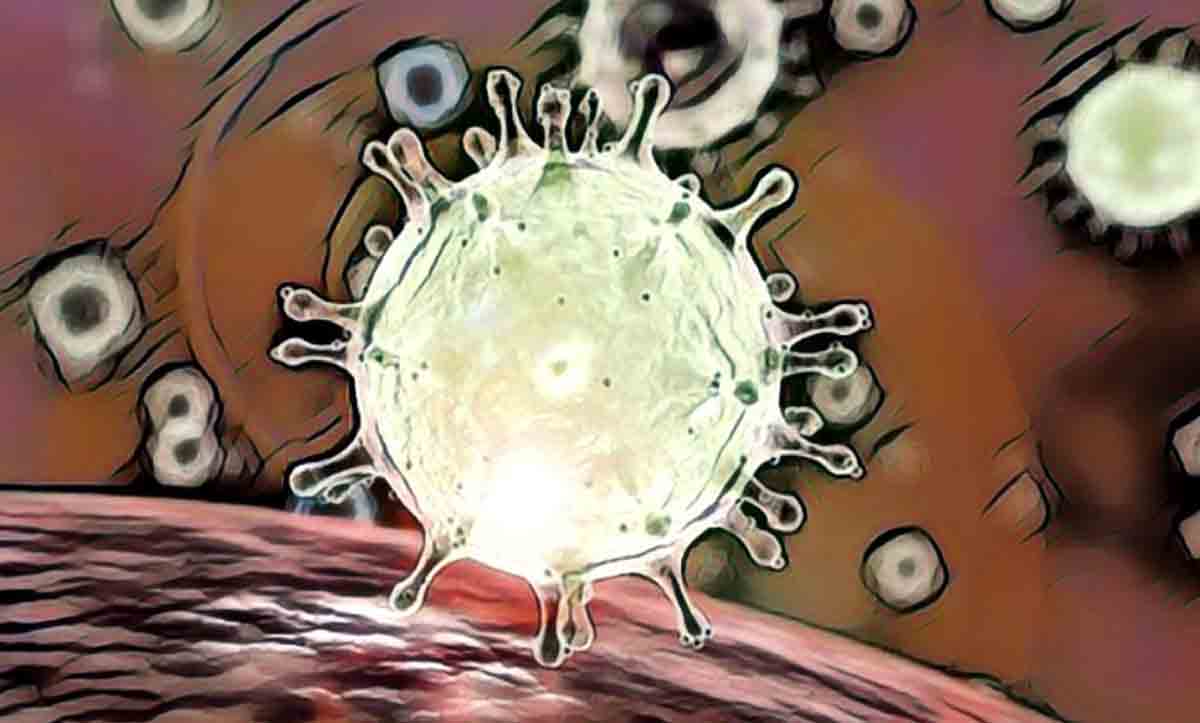 covid 19
covid 19He suggested on social media that the coronavirus would not survive warmer temperatures and would likely disappear by April. But public health experts say there isn’t enough information about this new virus, and there’s no way to know if heat can kill it.
9 MYTH: Pneumonia vaccines can protect you from coronavirus.
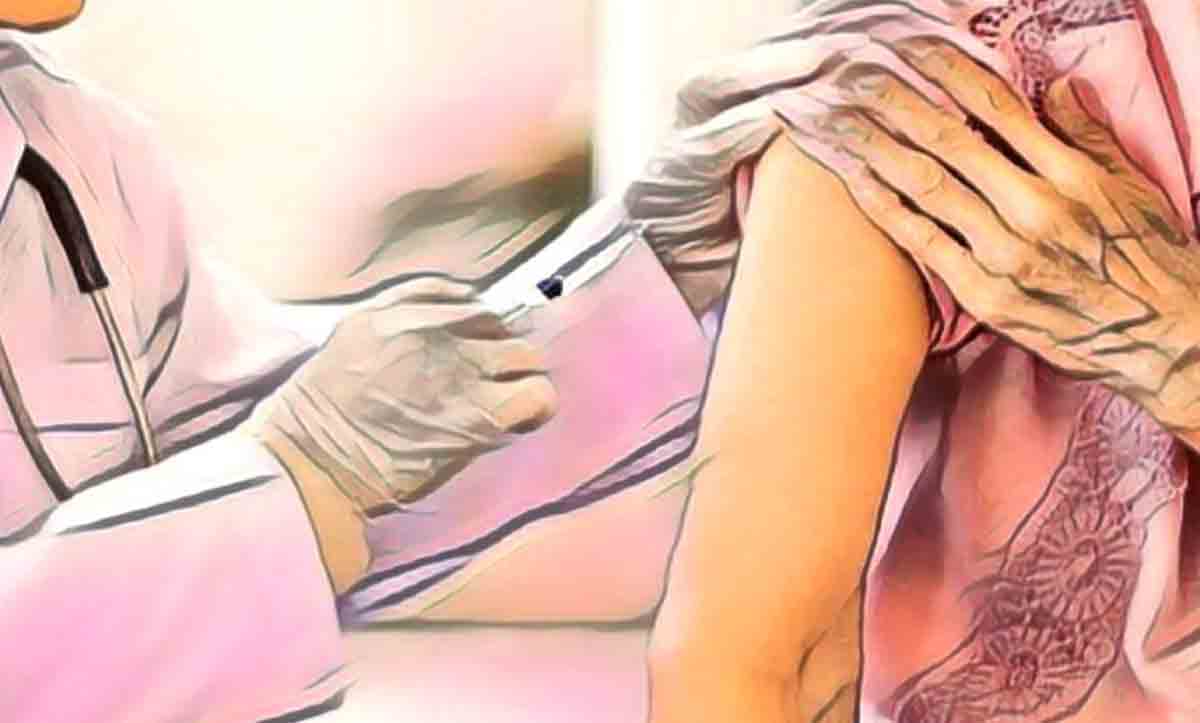 covid 19 pneumonia
covid 19 pneumoniaNo, pneumonia vaccines such as the pneumonia vaccine and the Haemophilus influenza type B (Hib) vaccine will not work on coronavirus. A vaccine for this extremely new virus is currently in development.
10 MYTH: Regularly rinsing your nose with saline solution can prevent coronavirus infection.
No, there is no scientific proof that rinsing your nose with saline can prevent coronavirus infection. Also, always wash your hands before touching or cleaning your nose.
11 MYTH: Antibiotics can prevent and treat coronavirus/COVID-19.
Antibiotics are only effective against bacteria, not viruses. However, individuals being treated for COVID-19 may be given antibiotics if they have a bacterial co-infection.
12 MYTH: The coronavirus is man-made.
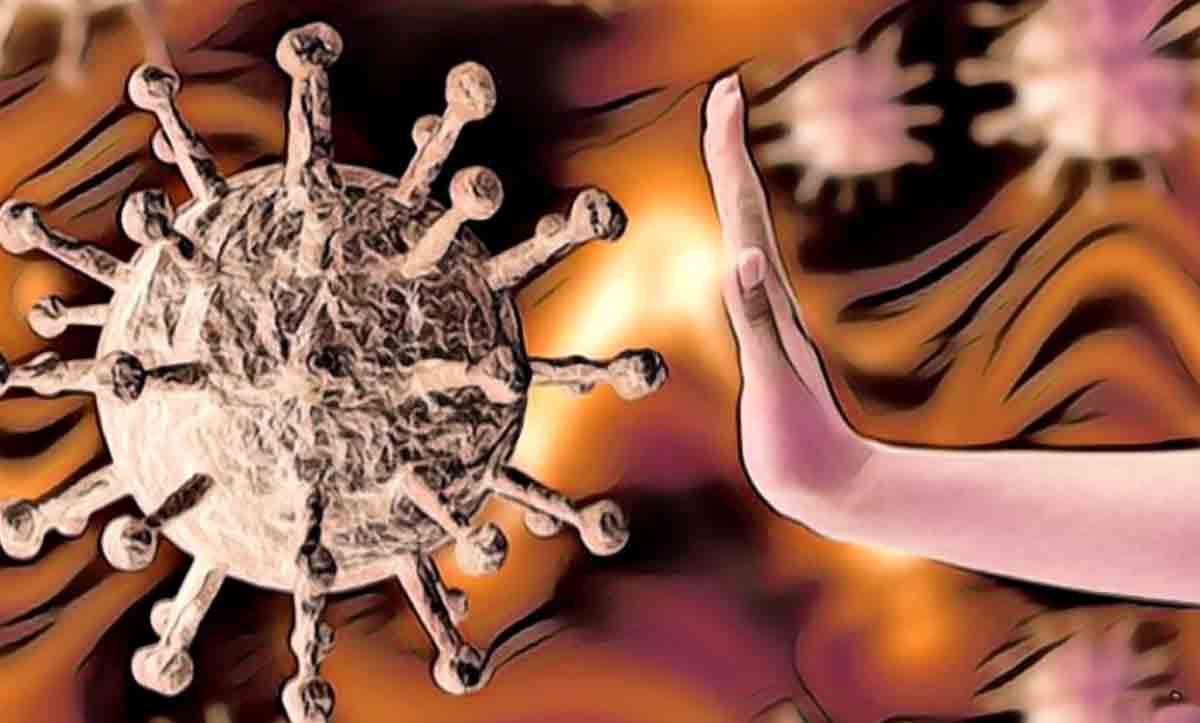 coronavirus lies
coronavirus liesPlease don’t believe everything you read on Facebook and WhatsApp. Conspiracy theories about the origins of the coronavirus abound. While many people outside of China believe it is a biological weapon developed and leaked in a Chinese laboratory, the counter-argument in Chinese social media is that it was released by the United States. Scientists on both sides rejected the theories.
While the exact origin of the coronavirus is still unknown, experts believe it likely originated in bats and jumped to another host, just like SARS in 2003, before passing on to humans.
13 MYTH: Hand dryers can kill the new coronavirus.
No, hand dryers cannot kill the new coronavirus. They only blow warm air and are not designed to kill any type of microorganism. In fact, they can have the opposite effect when they absorb germs and circulate them around the room. Therefore, if someone infected with the coronavirus coughs or sneezes in the bathroom, the hand dryer absorbs the mucus and saliva drops it expels and distributes them throughout the room. This can spread the virus further.
Therefore, the best course of action is to wash your hands with soap and water or clean them frequently with a disinfectant to protect yourself from this virus. Then use a paper towel to dry it. If you wish, you can take a look at our article on Hand Sanitizer Production with Aloe Vera Gel.
14 MYTH: Ultraviolet disinfection lamp can kill coronavirus.
While this is technically true, you should never use a UV lamp on your hands or other parts of your body as it can cause skin irritation.
15 MYTH: Thermal scanners can detect people infected with coronavirus.
Thermal scanners can detect who has a fever due to coronavirus infection (8). But if the person’s fever hasn’t gone out now, they won’t be able to detect the infection. It takes 2-10 days for an infected person to get sick and have a fever.
16 MYTH: Coronavirus can be transmitted through a letter/package from China.
No. The coronavirus cannot survive for long on any object, including letters and packages.
17 MYTH: Pets can spread the coronavirus.
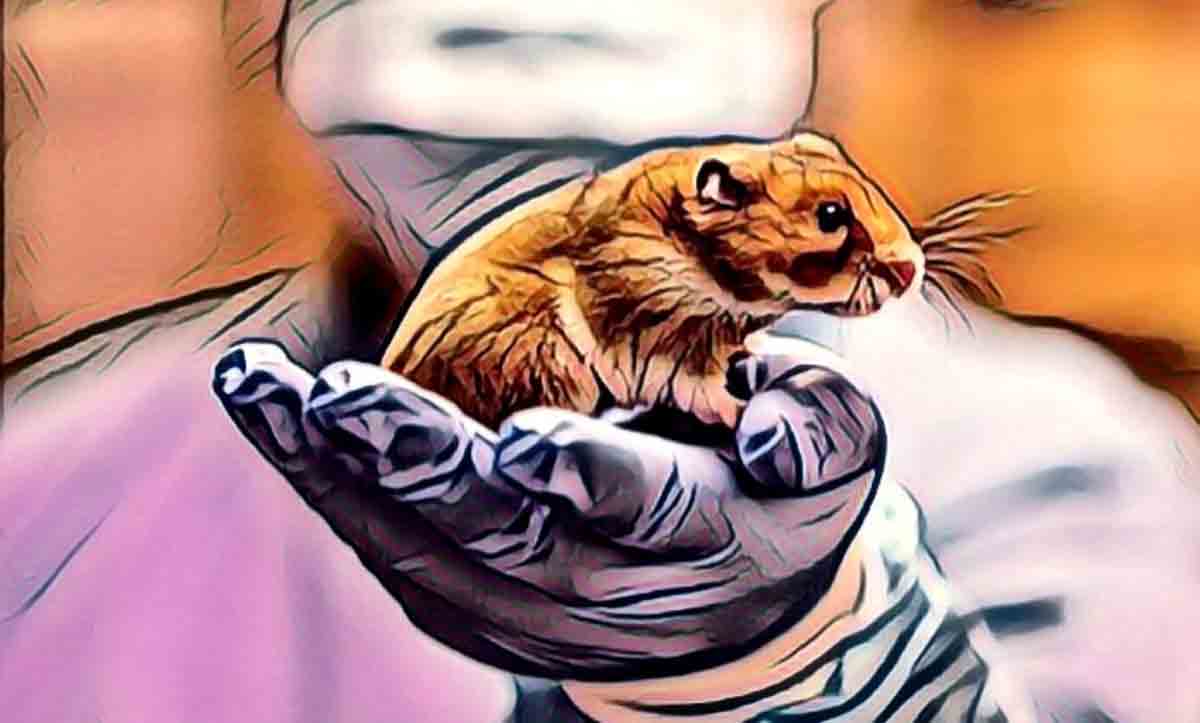 coronavirus animals
coronavirus animalsCurrently, there is no scientific evidence that animals such as dogs and cats can be infected with the coronavirus. However, as a precaution, wash your hands with soap and water after touching your pets.
While this coronavirus outbreak is important, it is valuable to educate yourself and stay calm. Panicking will not only worry you but also everyone around you. Follow the preventive measures put in place by reputable medical institutions and wash your hands as often as possible to prevent infection.
- On-Site Comments




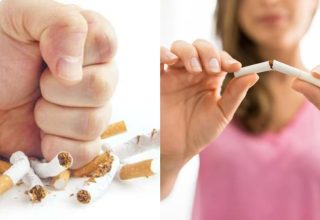
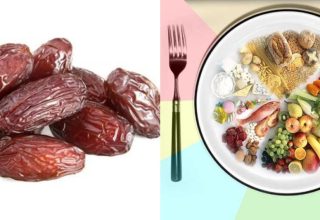









Comment